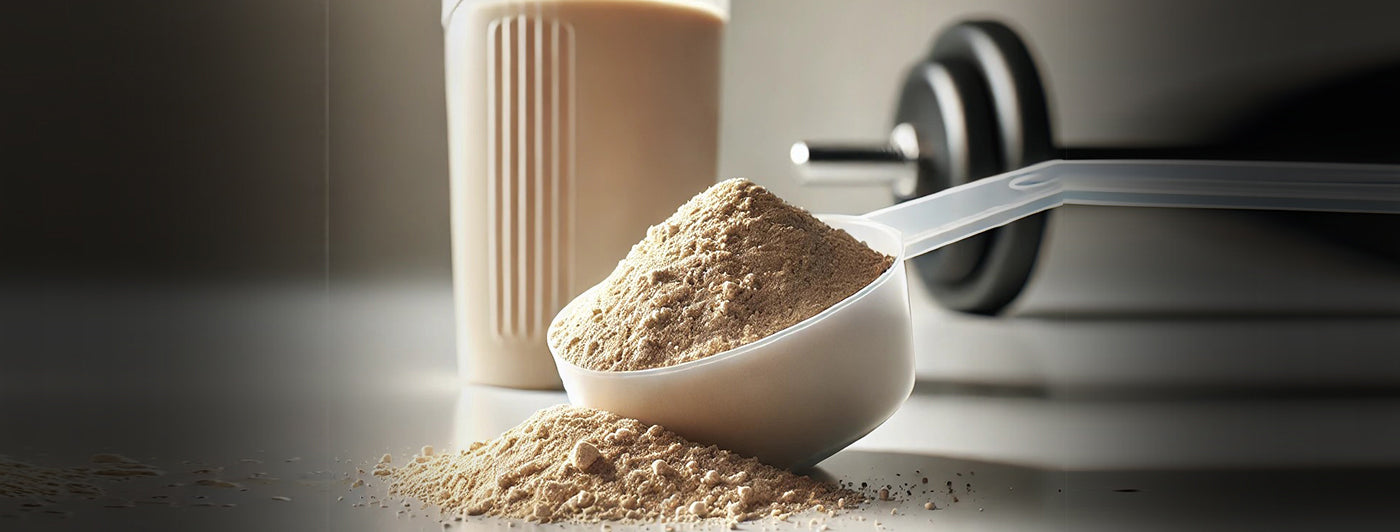Aging is accompanied by various changes in the body that demand adjustments in dietary habits to maintain optimal health and energy levels. One of the most critical nutrients to consider is protein for old age, which plays a vital role in preserving muscle mass, boosting energy, and improving overall well-being. By addressing specific dietary needs, seniors can ensure a vibrant and active lifestyle.
The Importance of Protein in Old Age
Protein is a fundamental macronutrient responsible for numerous functions, including muscle repair, tissue regeneration, and energy production. As we age, the body’s efficiency in utilizing protein declines, increasing the risk of muscle loss and fatigue. Sarcopenia, the age-related loss of muscle mass, is a significant concern for older adults and can lead to reduced mobility, strength, and independence.
Integrating protein for old age into daily meals helps mitigate these issues, supporting muscle health and sustained energy levels. Moreover, protein contributes to stronger bones and aids in recovery from injuries, making it indispensable for senior wellness.
Recognizing Protein Deficiency in Adults
One of the challenges of aging is recognizing and addressing nutritional deficiencies. Many seniors experience reduced appetite or face dietary restrictions, which can lead to inadequate protein intake. Common protein deficiency symptoms in adults include:
- Persistent fatigue or low energy levels
- Decreased muscle strength and mass
- Slow wound healing
- Hair thinning and brittle nails
- Increased susceptibility to infections
If these symptoms appear, incorporating more protein-rich foods into the diet can help restore energy and resilience. For those who struggle to meet protein requirements through food alone, a Protein Powder for Elderly can be a practical and effective solution to support their nutritional needs.
Benefits of Protein for Energy and Wellness in Seniors
For older adults, protein is essential for maintaining both physical and mental vitality. Here’s how it helps:

1. Energy Stabilization
- Protein digests more slowly than carbohydrates, providing a sustained energy release throughout the day.
- Balancing protein with healthy fats and carbs stabilizes blood sugar levels, reducing energy spikes and crashes.
- Including protein in breakfast sets a strong foundation for consistent energy levels in seniors.
2. Muscle Repair and Maintenance
- Protein aids in the repair of micro-tears in muscles caused by daily activity or exercise, promoting recovery.
- Consuming protein-rich foods after physical activity helps rebuild muscle tissue efficiently.
- Proteins like leucine trigger muscle protein synthesis, crucial for counteracting sarcopenia (age-related muscle loss).
3. Bone Health
- Protein works alongside calcium and vitamin D to improve bone density and strength.
- Collagen, a protein, is a key component of bone structure, reducing fragility.
- A protein-rich diet enhances muscle strength, which helps support and protect bones during movement.
4. Immune System Support
- Protein is essential for producing white blood cells, which are crucial for fighting infections.
- Amino acids from protein are the building blocks of immune cells and antibodies.
- Regular protein intake helps repair tissues damaged by illness, speeding recovery in seniors.
5. Weight Management
- Protein increases satiety, reducing the likelihood of overeating or indulging in unhealthy snacks.
- It boosts metabolism by requiring more energy to digest compared to fats and carbohydrates.
- A high-protein diet helps preserve lean muscle mass, which supports a healthier metabolic rate even during weight loss.
Holistic Nutritional Choices for Seniors
As we age, making mindful dietary choices becomes crucial to meet changing nutritional needs. Many packaged foods marketed for convenience often contain additives like class 2 preservatives, which may have long-term health implications. Opting for natural, minimally processed foods ensures seniors receive essential nutrients without unnecessary risks.
A holistic approach to incorporating protein for old age should consider individual health conditions, dietary preferences, and lifestyle factors. For seniors who prefer plant-based diets, options like lentils, tofu, quinoa, and chia seeds are excellent sources of protein. These foods also provide additional fiber and micronutrients, supporting digestion and delivering benefits beyond protein alone.
By combining whole foods with mindful supplementation, seniors can achieve a balanced and sustainable diet that caters to their unique nutritional requirements.
Crafting a Sustainable Diet Plan for Old Age
A well-thought-out diet plan for old age ensures seniors get the nutrition they need while considering their specific dietary restrictions. A sample daily plan could include:
- Breakfast: A smoothie with bananas, spinach, and a scoop of plant based protein powder.
- Lunch: A bowl of lentil soup with whole-grain bread.
- Snack: A handful of nuts or seeds.
- Dinner: Quinoa with roasted vegetables and a side of chickpeas.
Such meals provide steady energy and fulfill daily protein requirements without being overly heavy or complex to prepare.
Conclusion
Aging gracefully requires careful attention to nutrition, and protein stands out as one of the most important elements of a senior's diet. Protein for old age not only addresses energy deficits and muscle maintenance but also enhances overall wellness, helping seniors lead vibrant and fulfilling lives.
With mindful choices and an emphasis on natural, high-quality protein sources, older adults can achieve sustained vitality and enjoy their golden years with confidence.











